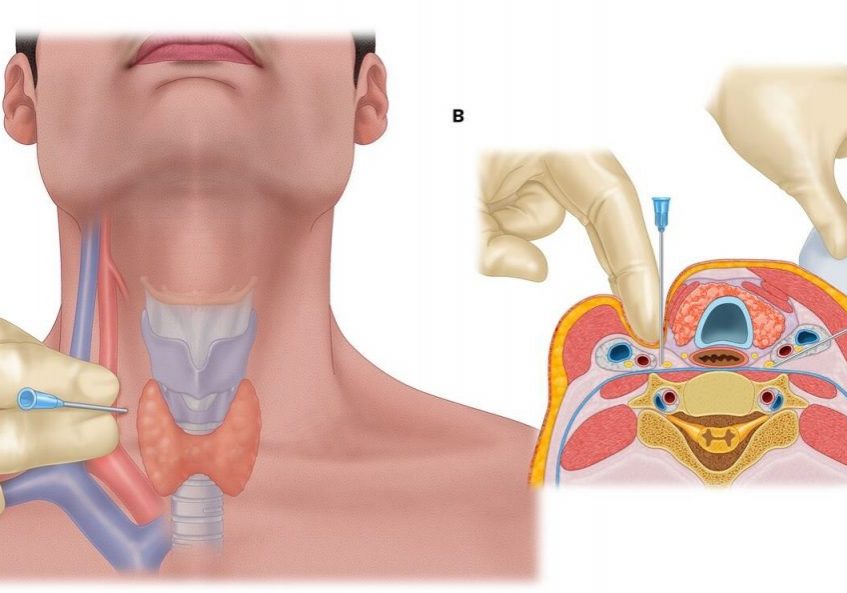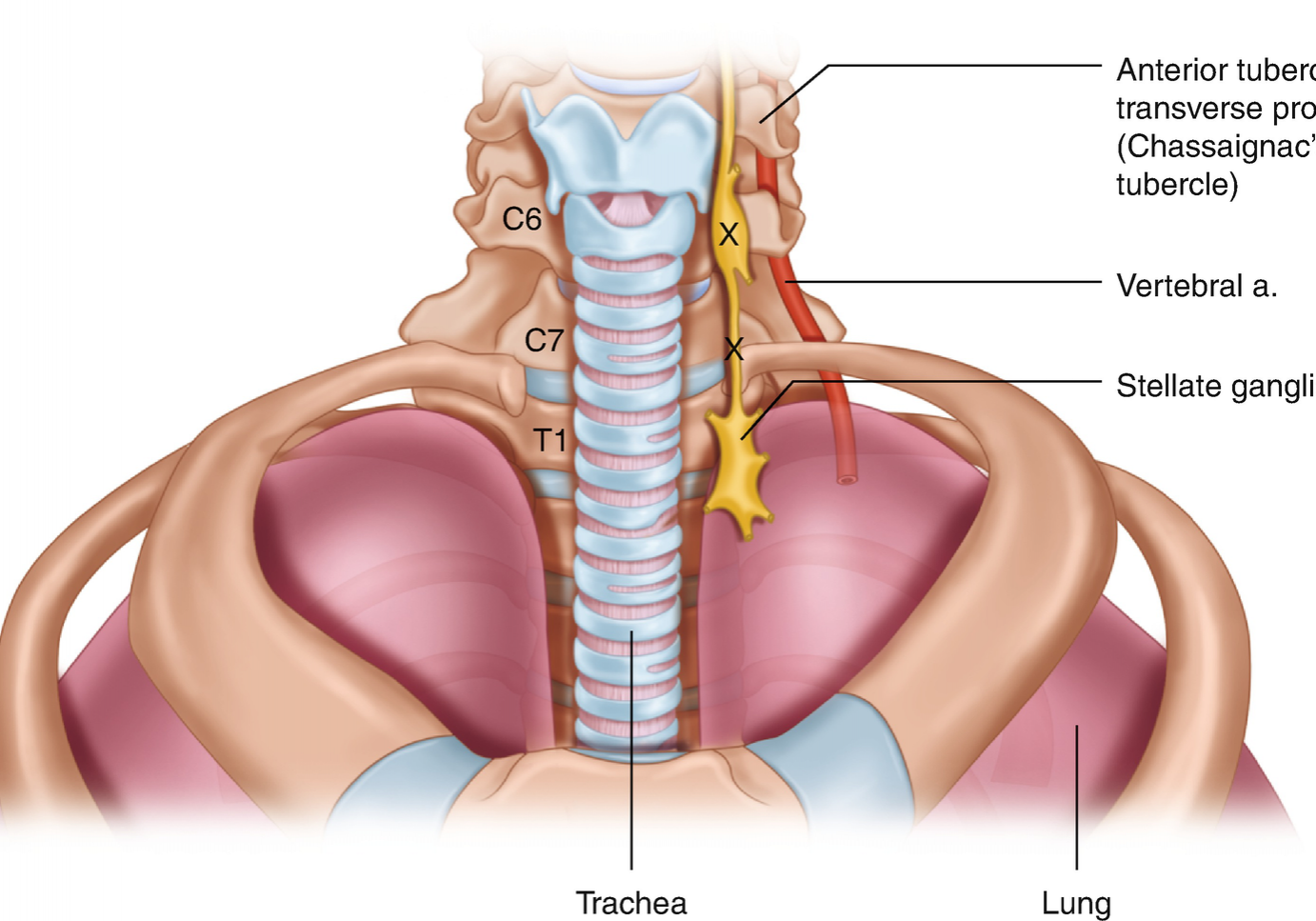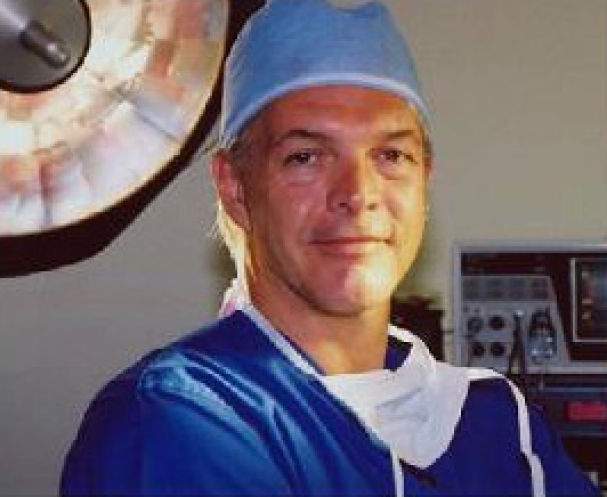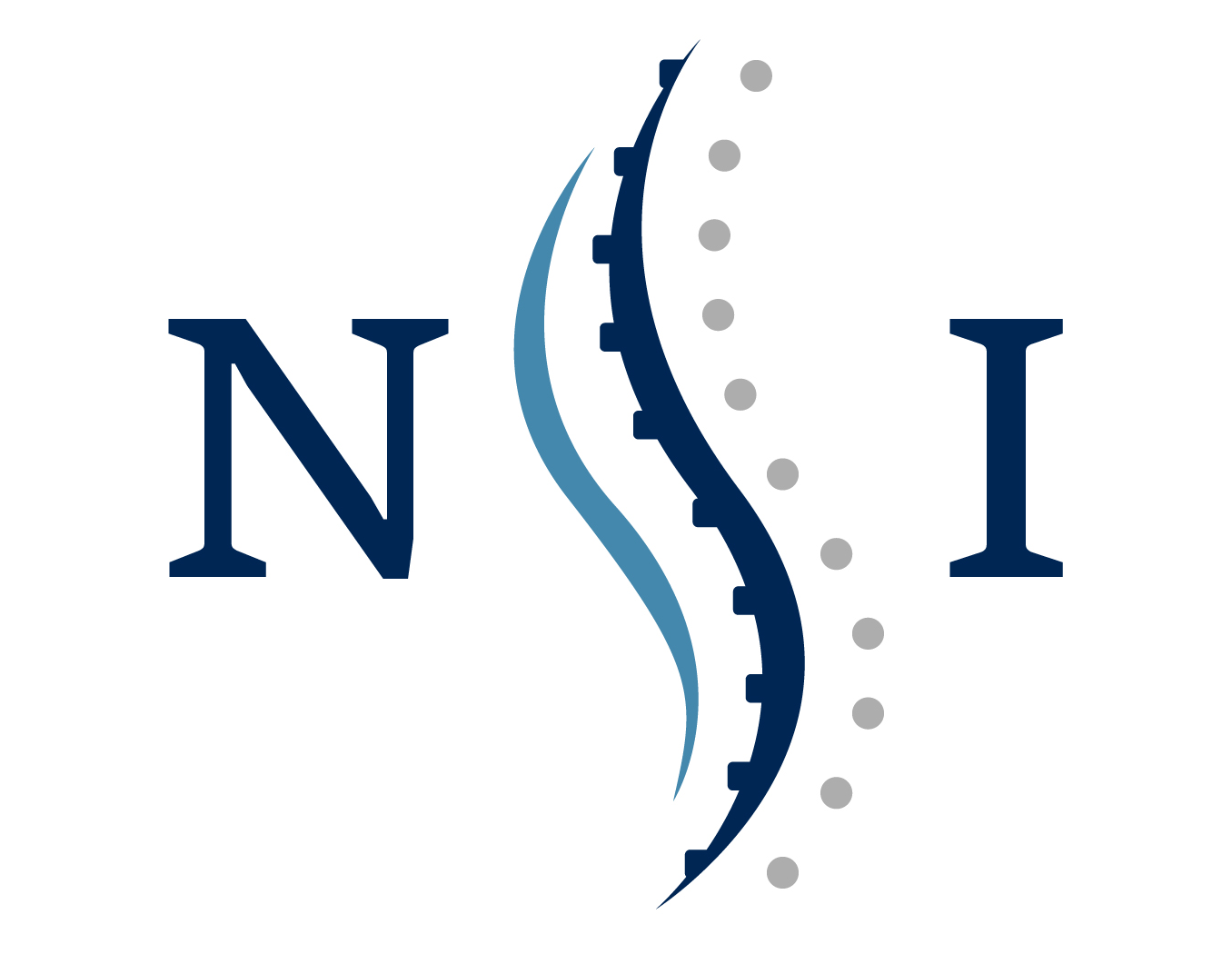






Stellate Ganglion Block: Treatment for Traumatic Brain Injury (TBI)
Traumatic brain injury (TBI) is a significant public health concern, affecting millions of individuals worldwide. While there is no definitive cure for TBI, researchers are continuously exploring novel therapeutic approaches to address the devastating consequences of this injury. In recent years, stellate ganglion block (SGB) has emerged as a promising treatment option for TBI, demonstrating potential benefits in managing symptoms and promoting recovery.
Understanding Stellate Ganglion Block
The stellate ganglion is a cluster of sympathetic nerve cells located in the neck, responsible for regulating blood flow, heart rate, and other functions in the head and face. SGB involves injecting a local anesthetic into the stellate ganglion, temporarily blocking its activity and reducing the sympathetic nervous system's influence on these regions.
What does the Research Say?
Potential of SGB in TBI
Studies have shown that SGB can offer several benefits in managing TBI symptoms, including:
-
Reducing pain: SGB can effectively alleviate neuropathic pain, a common and debilitating symptom experienced by individuals with TBI.
-
Improving autonomic function: SGB can help regulate blood pressure, heart rate, and other autonomic functions that may be disrupted after TBI.
-
Decreasing inflammation: SGB has demonstrated anti-inflammatory effects, potentially mitigating the harmful effects of inflammation on the injured brain.
-
Promoting neuroplasticity: SGB may enhance neuroplasticity, the brain's ability to adapt and reorganize, potentially aiding in recovery.

TBI Treatment at National Spine Institute
Traumatic Brain Injuries are Diagnosed and Treated by Dr. James St Louis
- Don't Delay! Early intervention after a motor vehicle accident can significantly improve outcomes for those with a TBI.
- Tailored treatment plans by expert neurologists maximize recovery potential for individuals with motor vehicle accident-induced TBI.
- Advanced rehabilitation services empower those with TBIs from car crashes to regain function and improve quality of life.
- Seek comprehensive care: a multi-disciplinary team approach maximizes opportunities for successful TBI recovery.

